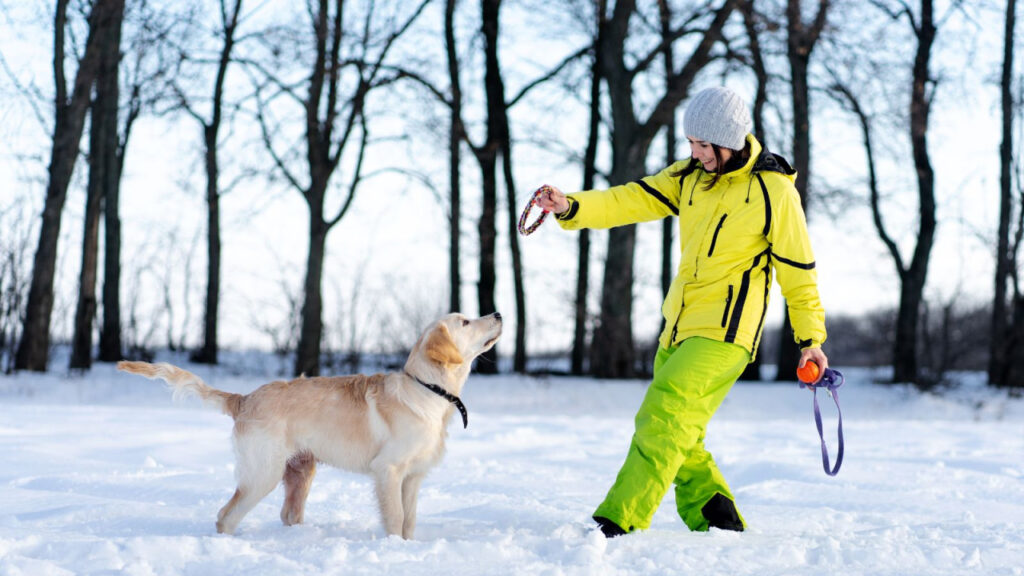Winter brings chilly temperatures, icy conditions, and potential health risks for pets. While some animals enjoy the cold, others may struggle with the drop in temperature. At McMillin Animal Hospital, we want to help you keep your furry friends safe and comfortable all season long. Here are some important cold weather safety tips to protect your pet.
1. Limit Outdoor Exposure
Even pets with thick fur can get cold. Extended exposure to freezing temperatures can lead to hypothermia and frostbite, especially for short-haired, elderly, or small pets. Keep outdoor time brief and monitor your pet for signs of discomfort, like shivering or lifting their paws off the cold ground.
2. Provide a Warm, Dry Shelter
If your pet spends time outside, they need a warm, insulated shelter that protects them from wind, snow, and rain. Their shelter should be raised off the ground and include soft bedding like straw or blankets to help retain heat. However, the safest place for pets in extreme cold is indoors.
3. Protect Their Paws from Ice and Salt
Snow, ice, and road salt can irritate your pet’s paws and cause cracking or burns. Wipe their feet after walks to remove any salt or chemicals that could be toxic if licked. Pet-safe booties or paw balms can provide extra protection.
4. Dress Them for the Weather
Smaller breeds, short-haired pets, and seniors may need extra warmth when going outside. A fitted sweater or coat can help them retain body heat, but make sure it allows for easy movement.
5. Keep Antifreeze and Other Chemicals Away
Antifreeze is highly toxic to pets, even in small amounts, and has a sweet taste that can attract them. Store antifreeze securely and clean up any spills immediately.
6. Provide Plenty of Fresh Water and Nutrition
Pets burn more energy trying to stay warm in the winter. Make sure they have plenty of fresh, unfrozen water and a well-balanced diet to help maintain their body temperature.
7. Never Leave Pets Unattended in Cold Cars
Just like a hot car in summer, a cold car in winter can be dangerous. Temperatures can drop quickly, leading to hypothermia or even freezing conditions. Always take your pet with you or leave them safely at home.
8. Recognize the Signs of Hypothermia
If your pet is shivering, lethargic, or struggling to walk, they may be experiencing hypothermia. Bring them inside immediately, wrap them in warm blankets, and contact your veterinarian if symptoms persist.
Schedule a Winter Wellness Check
Winter can be tough on pets, but with the right precautions, you can keep them warm and safe. If you have concerns about your pet’s health this winter, McMillin Animal Hospital is here to help. Contact us today to schedule a wellness check and ensure your pet is ready for the colder months.





